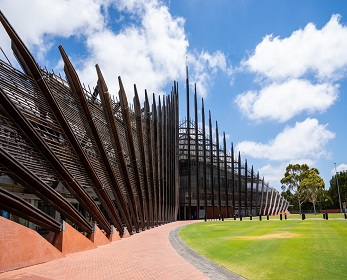Personal travel may be included with official University travel provided the main purpose of the travel is legitimate University business, the personal portion is incidental, and no University funds are used for personal expenses.
Incidental Personal Travel
Personal travel is considered incidental if the personal days do not exceed 40% of the Total Trip Duration. For example, for a Monday - Sunday trip, up to two personal days are allowed without attracting FBT.
If personal travel exceeds the allowable limit, the travel will be deemed to have a dual purpose being business and personal.
Travel to and/or from a "non-business destination" (for personal purposes) may indicate dual purpose travel and requests will be considered on a case by case basis in connection with the authorised University Travel Policy.
Costs & Leave
Employees are responsible and liable for all personal travel costs.
Personal days falling on normal workdays require leave approved via Staff Kiosk.
Approved unavoidable “standby” days (e.g. weekends between business travel) are not considered personal.
Dual Purpose Travel / FBT Liability
When travel is deemed dual purpose, employees must pay 50% of the cost of a return airfare* to the “business destination” (plus any airline merchant fees):
- If identified to be dual purpose before travel, the University’s Travel Agent will collect the 50% payment from the employee.
- If identified after travel or if it relates to a trip funded by a third party**, employees must make the 50% payment to the University immediately via PayOnline. Extended payment terms are not permitted, as they create a financing benefit subject to FBT.
*Definition of Return Airfare - is a flight to a destination and back to the original departure point.
**even if a third party funds the airfare, FBT still applies.
Spouse/Partner and Dependant Travel
Employees must inform their manager and include details in the Pre-Trip Approval (PTA) if a spouse, partner or dependant will accompany them. The employee has responsibility and liability for all associated spouse, partner or dependant costs.
